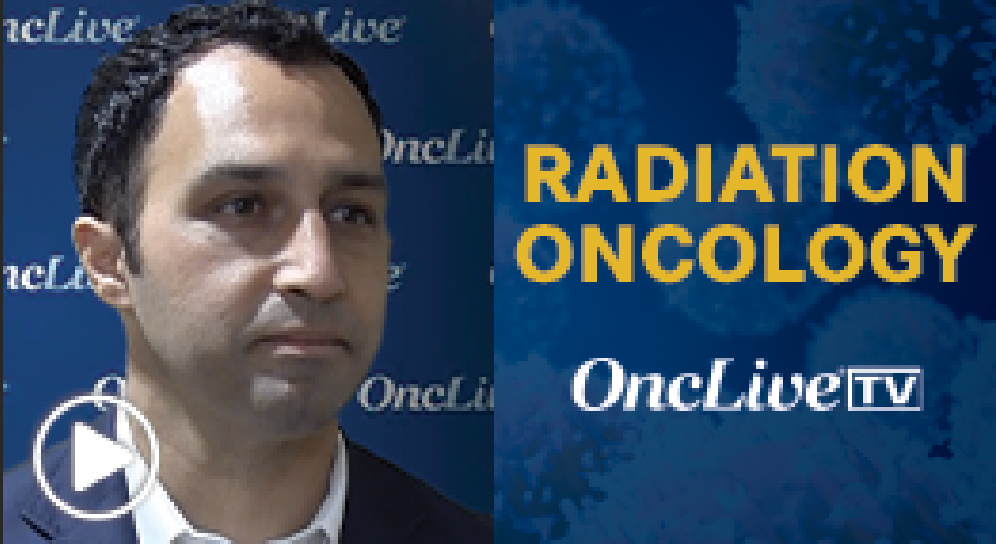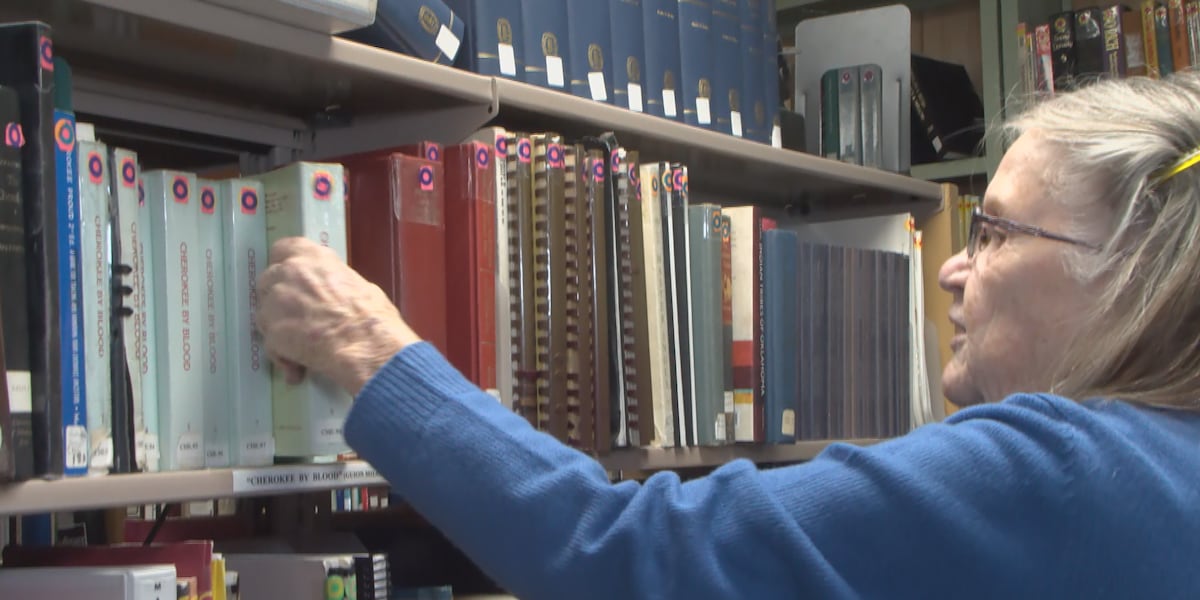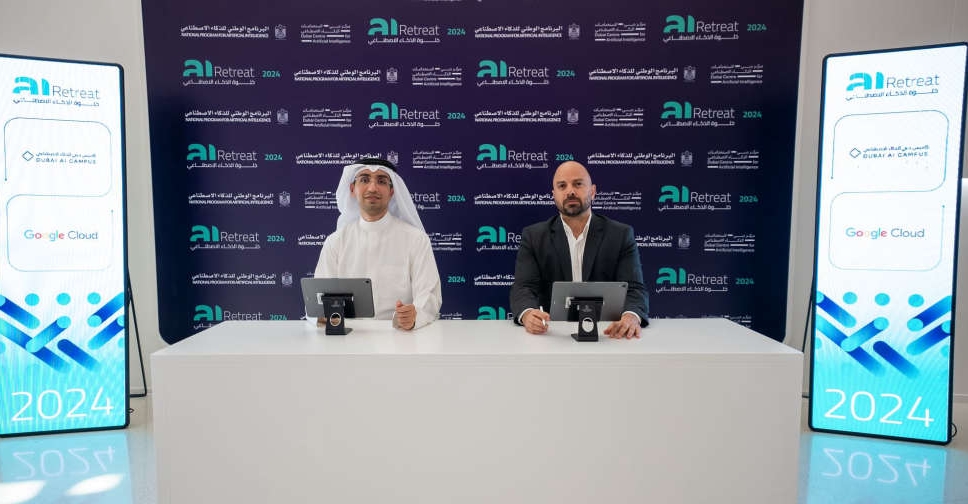High-Risk Factors Linked to Cardiac Toxicities in Lung Cancer by Dr. Amini

Dr. Arya Amini, a radiation oncologist at City of Hope, discusses the importance of considering cardiac toxicities associated with lung cancer treatment. With a focus on thoracic oncology, Dr. Amini reflects on how his practice has evolved over the past six years. Initially, the main concern was mitigating esophagitis as a side effect of radiation, with little attention paid to potential cardiac complications. However, as time progressed, Dr. Amini began to observe some patients experiencing cardiac toxicity, leading him to emphasize the need to incorporate heart considerations into thoracic radiation treatment planning.
Dr. Amini’s involvement in the thoracic guideline committee of the American Radium Society allowed him to delve into the literature and explore strategies for managing patients at high risk of cardiac complications. Factors such as advanced age, hypertension, diabetes, and smoking history were identified as key contributors to cardiac issues in this patient population.
The importance of raising awareness about the significance of cardiac health in lung cancer treatment was a key message in Dr. Amini’s presentation at the 2024 ACRO Summit. He emphasized the need for oncologists to consider referring patients for cardiology evaluation and engaging with primary care providers to ensure comprehensive post-treatment care, including monitoring lipid profiles and cardiovascular health.
While the focus for radiation oncologists is often on delivering effective treatment and achieving positive outcomes, Dr. Amini stresses the importance of ongoing follow-up care and collaboration with other healthcare providers to address potential long-term complications and optimize overall patient well-being. By recognizing and addressing cardiac toxicities associated with lung cancer treatment, healthcare professionals can improve patient outcomes and quality of life.






